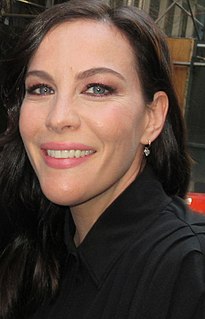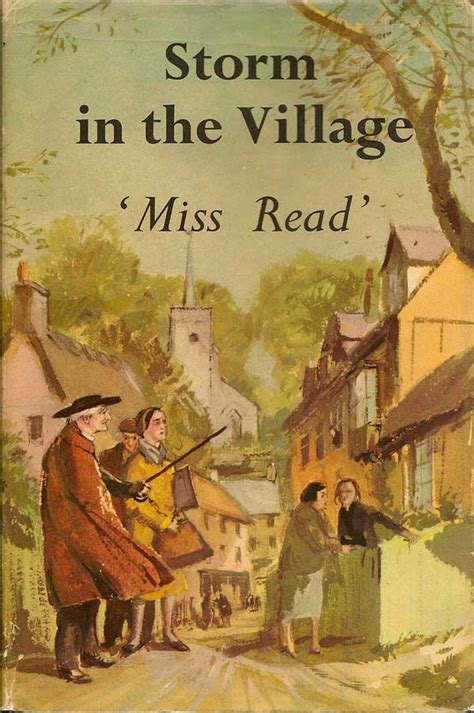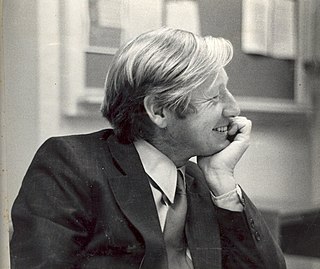A Quote by Margaret Mead
Samoa culture demonstrates how much the tragic or the easy solution of the Oedipus situation depends upon the inter-relationship between parents and children, and is not created out of whole cloth by the young child's biological impulses.
Related Quotes
My family dynamic is quite eccentric. I have two fathers. I think it depends on the relationship between the child and the parents, but definitely, when it comes to being a stepparent or a coparent, it's a different relationship. There's just as much love, but the bonds can be different. It depends when you come into their life and how well you know them - this dynamic takes a lot of patience and love.
it seems to me that grandmothers have a very special place in the affections of young children. Not obliged, as parents are, to provide food, shelter, protection, advice and discipline, day in and day out, they can afford to be much more easy-going. The unexpected present, the extra outing, the little treat of a favourite meal prepared especially to delight the child and, above all, the time to listen to youthful outpourings, all make a grandmother a loved ally. It is hardly surprising that the bond between grandmother and grandchild is often stronger than that between parent and child.
Parents who are cowed by temper tantrums and screaming defiance are only inviting more of the same. Young children become more cooperative with parents who confidently assert the reasons for their demands and enforce reasonable rules. Even if there are a few rough spots, relationships between parents and young children run more smoothly when the parent, rather than the child, is in control.
I was not interested in doing the plot of Oedipus in blackface. I did wonder, what would these people have been like if they hadn't been in that situation?... One could look at Oedipus, or at my character Augustus, as a cynical schemer who did everything because he was hungry for power. But that's just too easy. I'm more interested in how humans can embody conflicting goals and emotions.
One can tell a child everything, anything. I have often been struck by the fact that parents know their children so little. They should not conceal so much from them. How well even little children understand that their parents conceal things from them, because they consider them too young to understand! Children are capable of giving advice in the most important matters.
Modern children were considerably less innocent than parents and the larger society supposed, and postmodern children are less competent than their parents and the society as a whole would like to believe. . . . The perception of childhood competence has shifted much of the responsibility for child protection and security from parents and society to children themselves.
Somewhere in the child, somewhere in the adult, there is a hard, irreducible, stubborn core of biological urgency, and biological necessity, and biological reason that culture cannot reach and that reserves the right, which sooner or later it will exercise, to judge the culture and resist and revise it.
Friends serve central functions for children that parents do not, and they play a critical role in shaping children's social skills and their sense of identity. . . . The difference between a child with close friendships and a child who wants to make friends but is unable to can be the difference between a child who is happy and a child who is distressed in one large area of life.
Much is made of the accelerating brutality of young people's crimes, but rarely does our concern for dangerous children translateinto concern for children in danger. We fail to make the connection between the use of force on children themselves, and violent antisocial behavior, or the connection between watching father batter mother and the child deducing a link between violence and masculinity.
Children are the living messages we send to a time we will not see. From a biological point of view it is inconceivable that any culture will forget that it needs to reproduce itself. But it is quite possible for a culture to exist without a social idea of children. Unlike infancy, childhood is a social artifact, not a biological category.





































